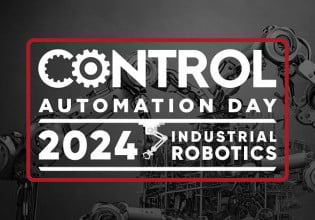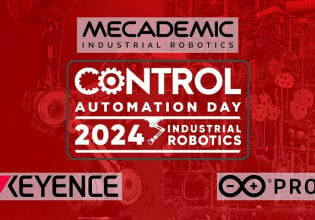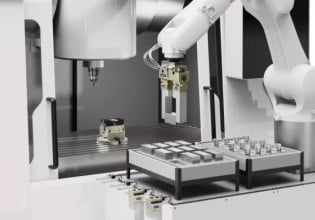J
John Mark Isaac Madison
It seems that the higher level programming languages are easier to use. But you do sacrifice a lot of control that you would otherwise have if you used a lower level language. If you get more control, you sacrifice ease of use.
I am not much of a programmer myself... But I've been working on a huge fractile graphic program on my computer for a few months now. And, I've noticed that it seems that when I write very efficient code... MS Paint still does a faster job at similiar tasks than my code does. And I think it must be because VB sets aside a limited amount of computer resources that you cannot exceed. Its just my suspicion, but I think VB for instance, only gives me X amount of processing power irregardless of the speed of my processor.
But, when I get smart enough... I think I'll learn some C++.
I am not much of a programmer myself... But I've been working on a huge fractile graphic program on my computer for a few months now. And, I've noticed that it seems that when I write very efficient code... MS Paint still does a faster job at similiar tasks than my code does. And I think it must be because VB sets aside a limited amount of computer resources that you cannot exceed. Its just my suspicion, but I think VB for instance, only gives me X amount of processing power irregardless of the speed of my processor.
But, when I get smart enough... I think I'll learn some C++.






